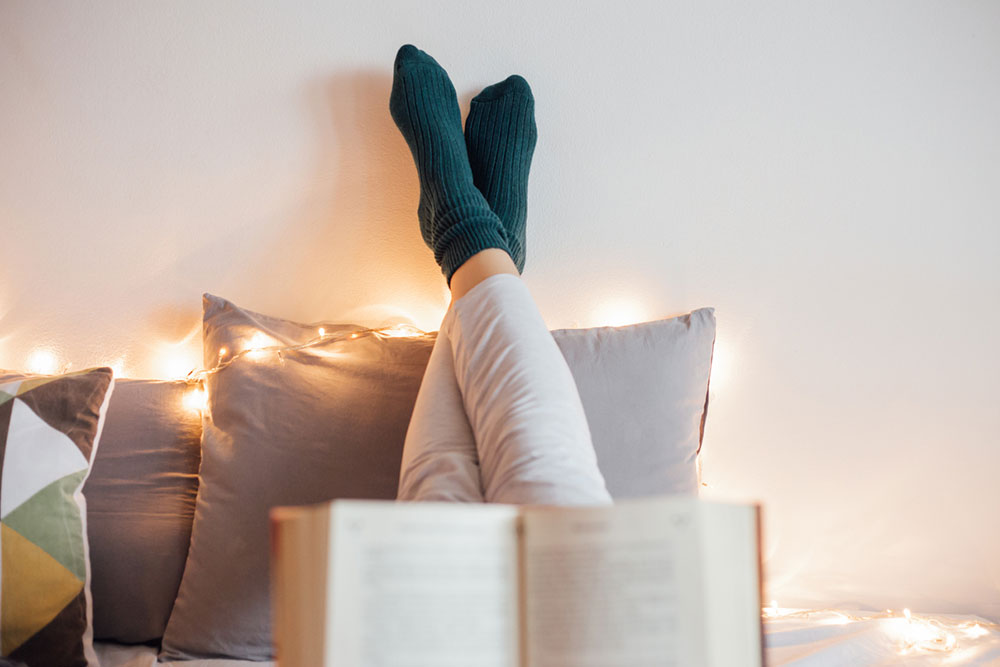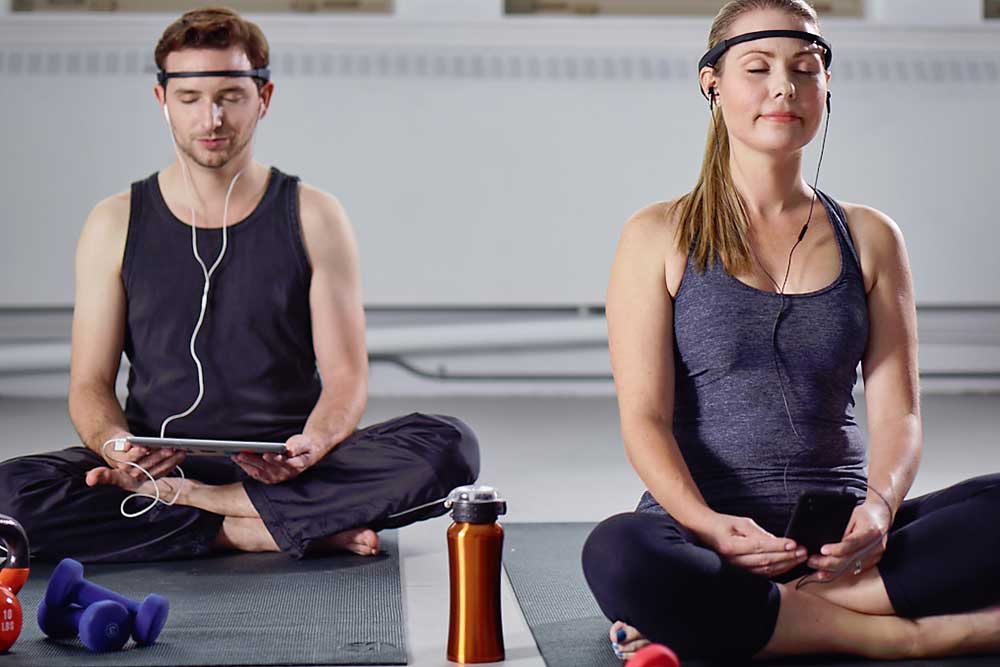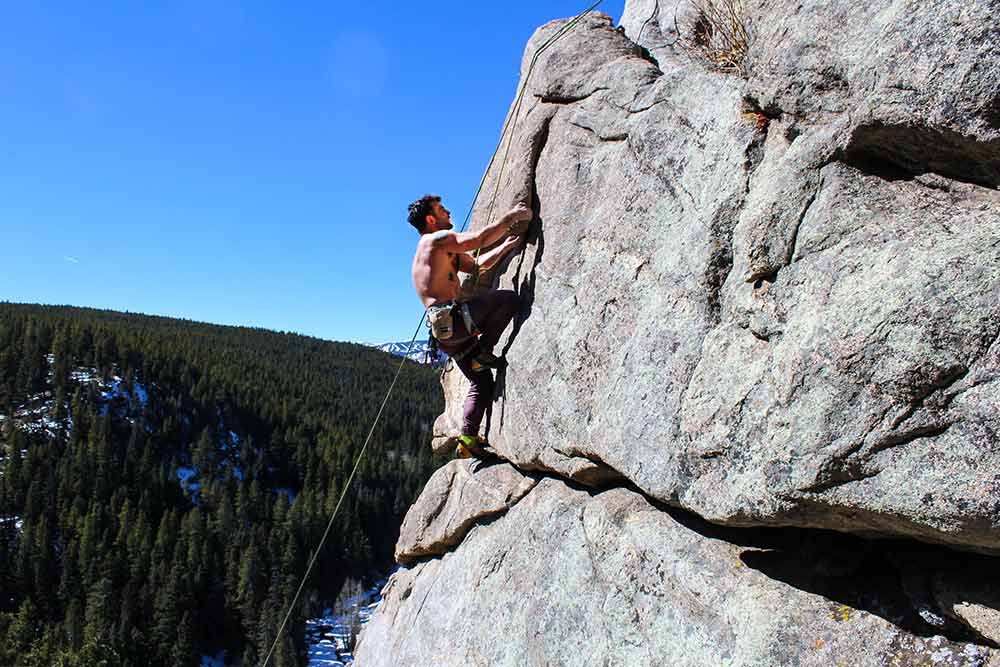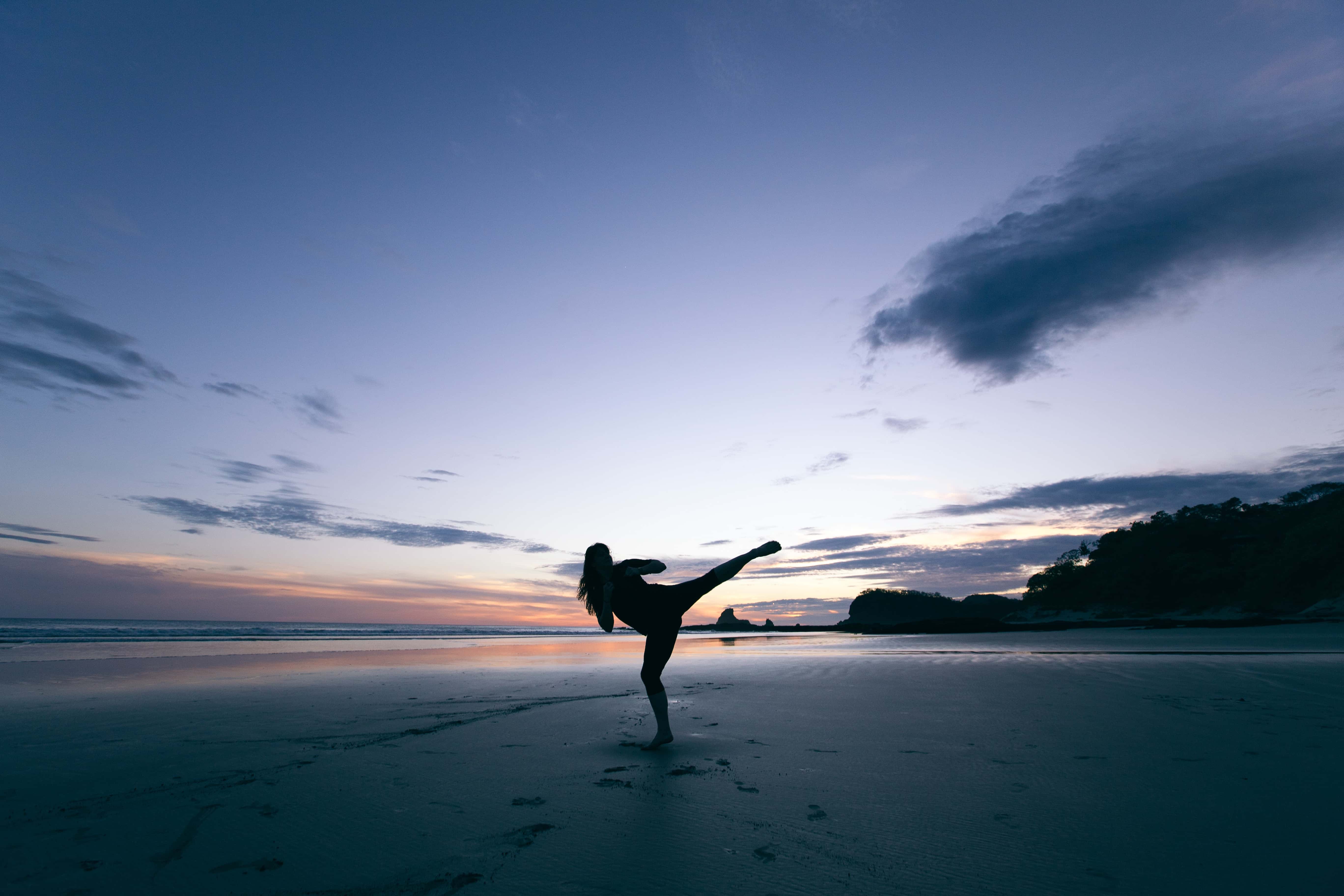Boost Creativity With Meditation

Catherine O’Brien
What is meditation?
According to the National Center for Complementary and Alternative Medicine, meditation is a mind-body method that utilizes various techniques to unify the mind and body.
Meditation can involve focused attention and / or mindfulness. Research and practitioners support the fact that meditation enhances feelings of calmness, physical relaxation and psychological well-being. While there is a lot of research highlighting the positive effects of meditation on psychological problems such as anxiety and depression, less is known about the relationship between meditation and creativity.
It seems obvious, though, that a practice that enhances relaxation might open the mind to new and creative ways of thinking. Fortunately, research has begun to investigate this relationship more scientifically.
Related Article: Work Your Body And Mind To Combat Stress
Key Definitions
Before I dive into the research, there are a few key definitions to be aware of.
- Cognitive flexibility: the mental ability to switch between different concepts, to overcome fixed associations patters, and to make new associations (Muller, Gerasimova & Ritter, (2016) p. 278)
- Mindfulness Meditation (MM): Mindfulness Meditation encourages practitioners to become conscious and aware of his or her body, breathing, physical sensations and environment. The goal is not to shut out other thoughts but rather to acknowledge a distracting thought, and let it gently float by. In this way, mindfulness meditation places great emphasis on a nonjudgmental practice and an openness to all thoughts, feelings, sensations and emotions.
- Concentrative Meditation: (CM) is a more focused form of meditation. CM “requires focusing, pacifying, and calming; thereby enhancing the individual’s attentional skills” (p. 278). In CM, practitioners focus on one object or thought and are instructed to maintain this focus and disengage from any distractions that may come forth. In this way, CM is less fluid and more grounded in attention compared to MM.
The present researchers, aware of the impacts of meditation on creativity and of the differing effects caused by MM and CM, were interested in identifying how the two meditation styles interact with creativity.
Previously, meditation has been studied and shown to be effective in reducing symptoms associated with key psychological and physical problems such as depression, anxiety and pain. Less is known, however, about the relationship between creativity and meditation.
Related Article: Mindfulness – What Does That Even Mean?
Creativity And Mediation
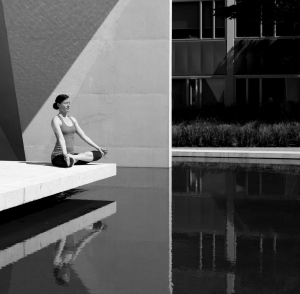 Given this gap, the present researchers were interested in how MM and CC effect creativity. Based on previous knowledge of the meditation styles, they posited that both styles had potential to influence creativity. The fluid nature of MM and the focused nature of CC both offer possible mechanisms for influencing the creative process. In order to test this, they recruited 39 adults with experience in either mindfulness meditation or concentrative meditation.
Given this gap, the present researchers were interested in how MM and CC effect creativity. Based on previous knowledge of the meditation styles, they posited that both styles had potential to influence creativity. The fluid nature of MM and the focused nature of CC both offer possible mechanisms for influencing the creative process. In order to test this, they recruited 39 adults with experience in either mindfulness meditation or concentrative meditation.
The Study
All participants completed pre-meditation assessments of creativity and cognitive flexibility. The Stroop task was used to measure cognitive control. They then completed an Alternative Uses Task and a drawing task to measure creativity.
Those in the MM condition were guided through a mindfulness meditation. They were encouraged to focus on their breath and the first few minutes were dedicated to mindful breathing. From there, participants were instructed to “be open to any thoughts and sensations that came to their mind and body, and accept these thoughts and sensations, and observe them for a while without judgement” (p. 279).
Related Article: The Surprising Benefits of Mediation
Those in the CM group engaged in a traditional Buddhist meditation called Samatha. They were instructed to focus specifically on their inhaling and exhaling and to concentrate on which part of their body the breath was coming from. They were further instructed to guide their minds back to this practice if they encountered a distracting thought or sensation.
Both meditations were conducted in the class’ usual meditation center led by the usual instructor. Both the MM and CM instructor were highly trained. Each of the sessions lasted for 20 minutes. After the meditation concluded, post measures of creativity were obtained. Participants were given the same tasks but with different version so as to eliminate and practice / learning effect.
The Results
Overall, they found a significant effect of meditation on creativity such that both the MM and CM groups demonstrated greater creative thinking post meditation (See Figure 1 below). When it came to measures of cognitive flexibility, a significant effect was observed for the CM group but not the MM group. This means that following the CM, individuals demonstrated significant improvements in cognitive flexibility.
The findings demonstrate that, indeed, both Mindfulness Meditation and Concentrative Meditation have beneficial effects on creativity.
These findings are exciting because they suggest that we all have the power within us to become more creative. No matter what the challenge or creative endeavor at hand, we can all try meditation for an added creative boost. So, the next time you are experiencing a creative block in writing, trouble getting a project started, or are faced with a complicated problem at work, consider doing a quick, 20-minute meditation.
Related Article: Everyday Tips To Be More Mindful
Note:
Some limitations: The individuals recruited were already familiar with meditation. Future research should examine whether these effects are present among amateur meditators. Additionally, they were not randomly assigned to meditation conditions and, rather, engaged in the meditation form they were used to.
You Might Like:
Everyday Tips To Be More Mindful
Gillian White – MSc, PhD (Candidate), University of Toronto Mindfulness Part II. Everyday tips to be more mindful. As I discussed in the previous article, Mindfulness Part I, the pursuit and practice of mindfulness has...Muse: A heart rate monitor for your head
A Review by Hank Shell I’m all about mindfulness, y’all. If you’ve read my columns, you know this. If you haven’t, then that’s your misfortune. Anyway, mindfulness can have all kinds of wonderful health benefits,...Use Mindfulness To Weather the HIIT Storm
Hank Shell So, you’re giving this High Intensity Interval Training thing a shot. Good for you! Really. It’ll pay off in the long run. But, oh yea, also, HIIT IS HARD. That’s the point, of...Go Forth & Be Mindful
Hank Shell Well, folks, 2017 is drawing to a close, there’s still no natural snow in my neck of the woods, and suffice it to say that spirits are dwindling here in the sere and...Boost Creativity With Meditation
Catherine O’Brien What is meditation? According to the National Center for Complementary and Alternative Medicine, meditation is a mind-body method that utilizes various techniques to unify the mind and body. Meditation can involve focused attention...The Surprising Benefits of Meditation
Julia C. Basso, PhD Using Meditation to Enhance Attention, Emotional Regulation, and Self-Awareness Here at fasttwitchgrandma.com, we are a group of people who love to exercise and are interested in the beneficial effects of exercise...References
Goyal M, Singh S, Sibinga EMS, et al. Meditation Programs for Psychological Stress and Well Being [Internet]. Rockville (MD): Agency for Healthcare Research and Quality (US); 2014 Jan. (Comparative Effectiveness Reviews, No. 124.) Introduction. Available from: https://www.ncbi.nlm.nih.gov/books/NBK180092/
Müller, B.C.N., Gerasimova, A., and Ritter, S.M. (2016). Concentrative meditation influences creativity by increasing cognitive flexibility. Psychology of Aesthetics, Creativity and the Arts, 10(3), 278-286.

